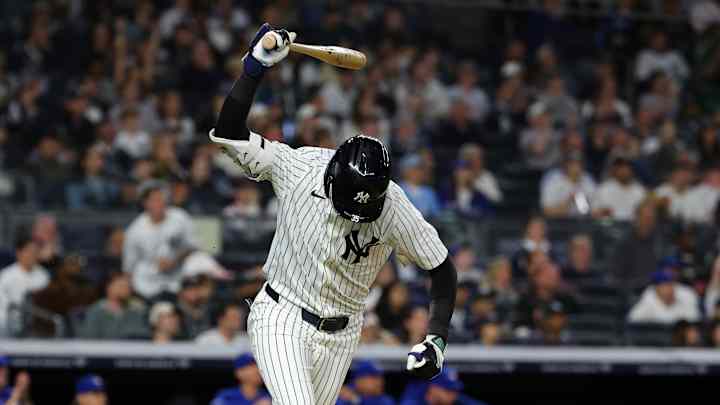As Chicago Cubs outfielder Pete Crow-Armstrong continues his ascent to superstardom, emerging as one of the best all-around players in the game, his predecessor in center field, Cody Bellinger, is off to a woeful start in his first season with the New York Yankees.
Bellinger is slashing just .204/.281/.357 on the year and has been solid, but unspectacular defensively, making the fact he’s the game’s highest-paid center fielder a painful pill to swallow for the Yankees faithful in the Bronx, looking to return to the World Series after falling to the Dodgers in the Fall Classic last year.
The Cubs’ decision to dump Bellinger and his contract last offseason isn’t, in and of itself, problematic. The subsequent failure to reinvest those savings in a meaningful way, however, is a very different story – especially when you look at the Cubs’ ongoing third-base issues and the low-balling of Alex Bregman this spring (despite the hefty savings from unloading Bellinger).
The temperature in the room with Cubs fans has dramatically dropped with time, and the combination of Bellinger’s struggles and Crow-Armstrong putting up elite-level numbers certainly helped matters. How the Bellinger trade is ultimately evaluated could change based on what the front office and ownership does at the deadline this summer – if those dollars lead to major in-season additions, it changes the equation in a pretty substantive fashion.
Pete Crow-Armstrong has helped Cubs fans forget about Cody Bellinger
As Bellinger languishes in New York, Crow-Armstrong is leading the charge in every way imaginable, ranking fifth in MLB in fWAR (1.9), grading out as the game’s best defensive outfielder and coming around at the plate after a slow start (125 wRC+). Extension talks between the Cubs and the young speedster didn’t net out in an extension, but regardless, Chicago has him under control for much of the next decade.
If New York wants to make another deep postseason run, it’ll need improved production from Bellinger. This fall, he’ll face the same choice as he did at the end of the 2024 season: to opt in to one more year of his deal or test the open market. It’s way too soon to predict how that will go because we still have the majority of the season to play, and it’s a non-factor, frankly, for the Cubs.
The Chicago Cubs should change their spending approach and start acting like the large-market behemoth they are. But seeing them dump a near-$30 million contract and that player struggling certainly makes us all feel a little better about that move in the early-going.
[ajax_load_more]

